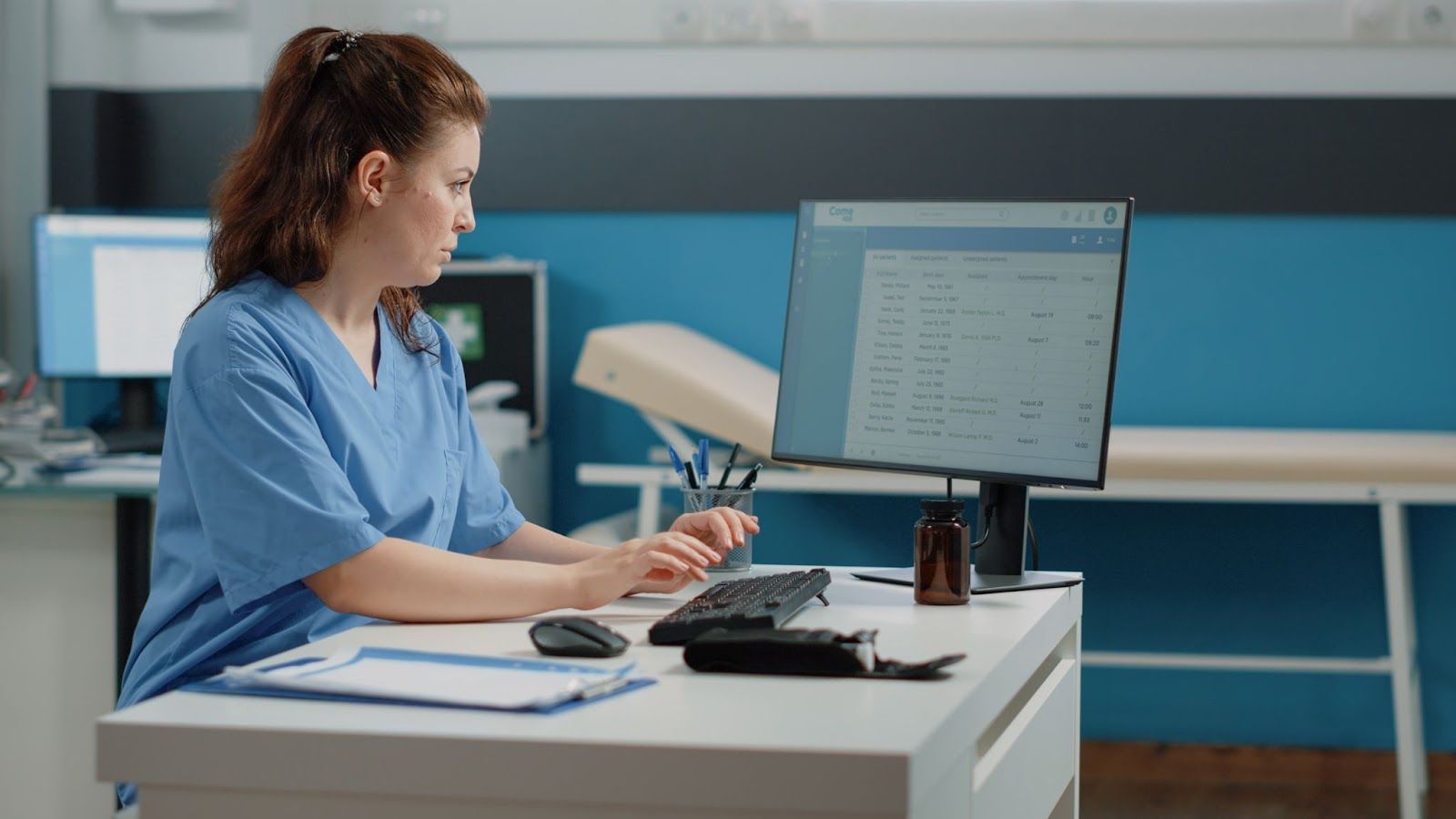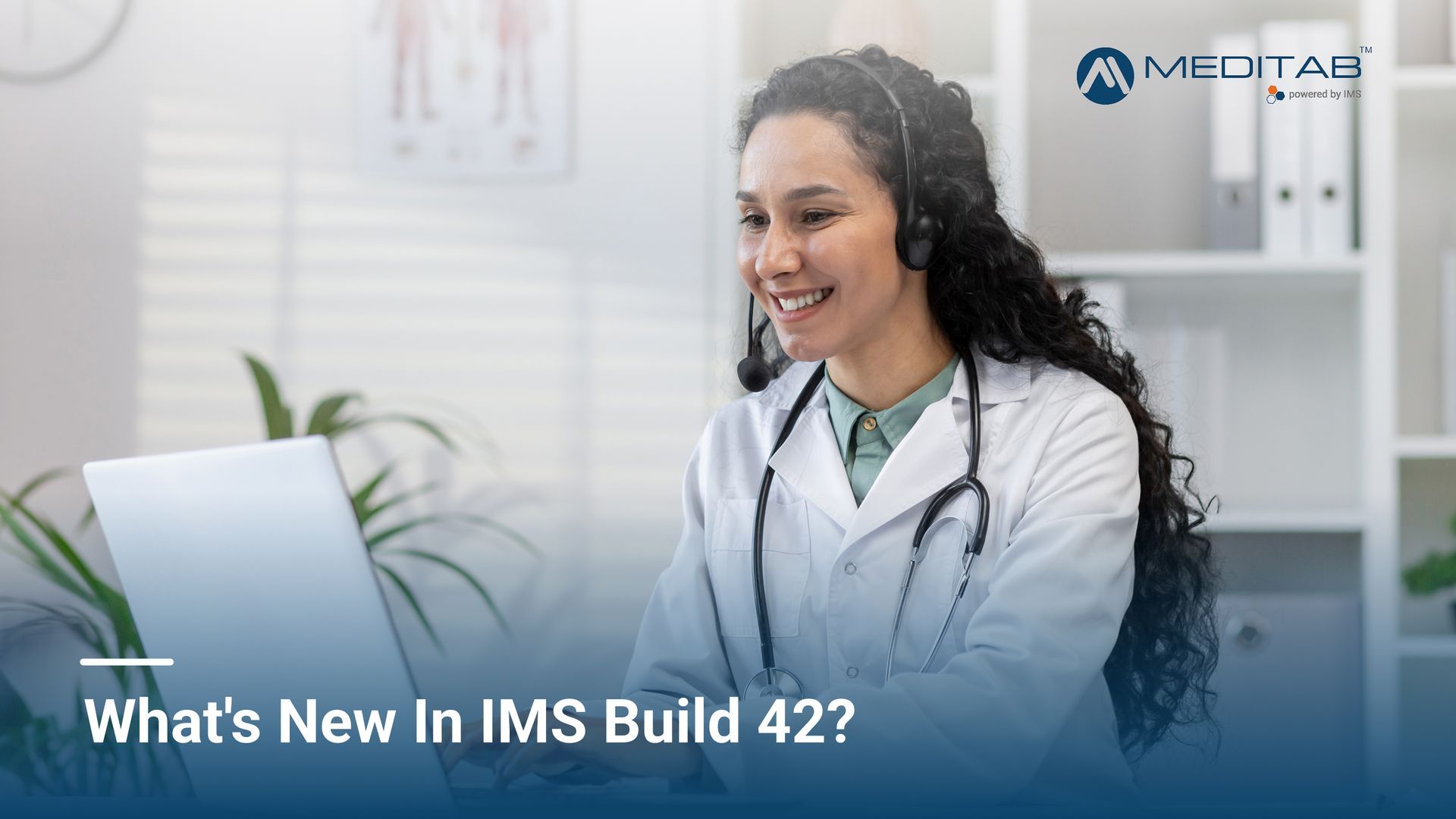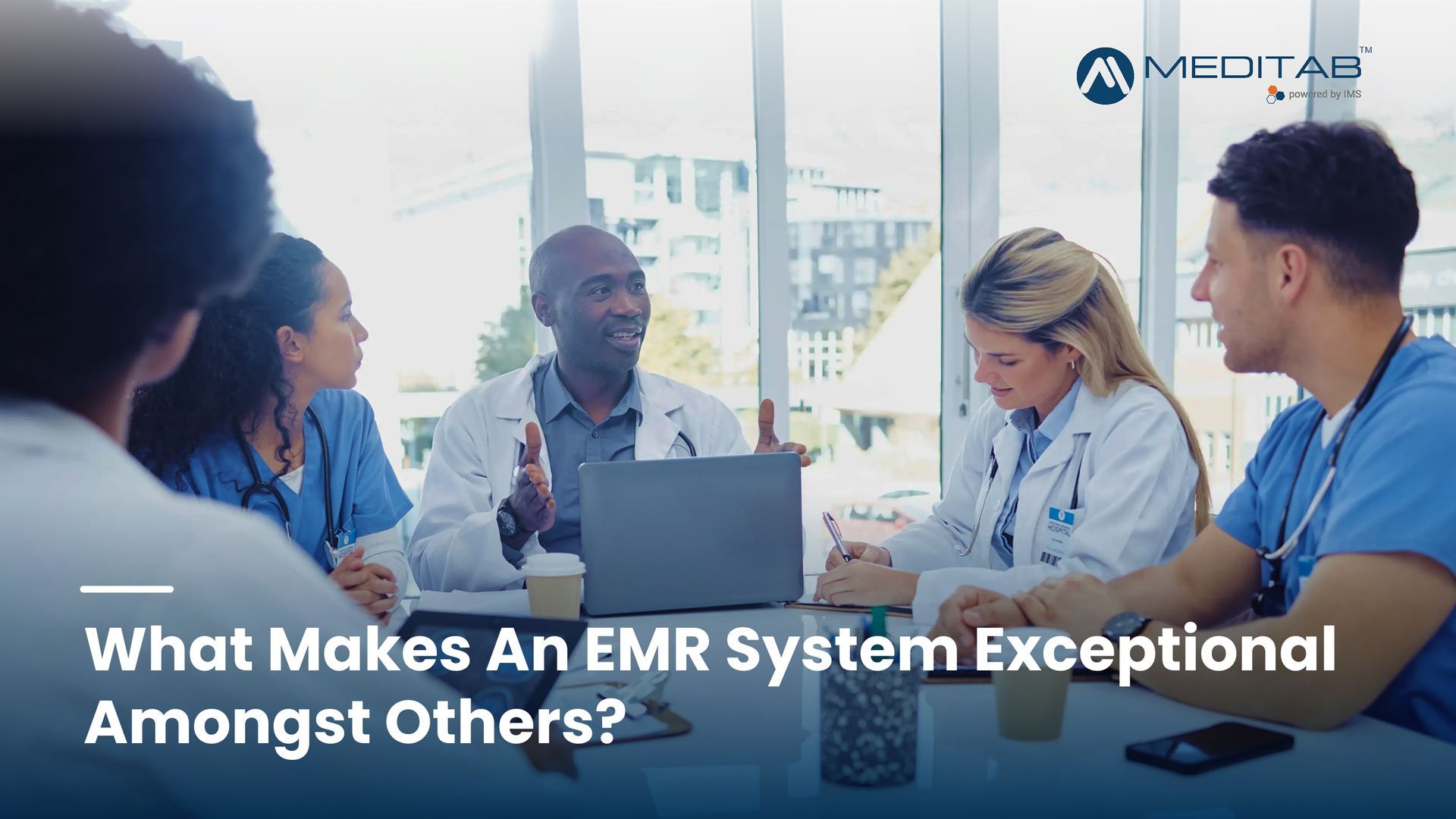Why Your Orthopedic Practice Needs a Specialized EHR System

The orthopedic sector is experiencing rapid growth, fueled by increased orthopedic disorders, a growing aging population, a spike in sports-related injuries, and a rising demand for minimally invasive surgeries.
These elements create considerable obstacles as well as chances for improvements in medicine and the expansion of services. High patient volumes and complex cases can lead to physician burnout, and the inefficiencies of generic EHR systems often add to this burden.
If your orthopedic practice is feeling the strain, it may be time to upgrade to an EHR system specifically designed for the unique needs of the orthopedic specialty. Read on to learn how a specialized EHR tailored for orthopedics can enhance patient care and make your practice run more smoothly and efficiently.
Looking for an integrated EHR for your orthopedic practice?
Top Challenges and Needs of Orthopedic Clinics
To fully appreciate the necessity of a specialized EHR system, we’ll highlight the unique challenges orthopedic clinics face. This health sector grapples with several primary hurdles and current requirements, including:
1. High Patient Volume and Complex Cases
Orthopedic clinics regularly manage a high volume of patients, each with unique and complex conditions. Generic EHR systems may lack the specific tools needed for efficient case management. This limitation can result in longer patient wait times, increased administrative tasks, and the risk of overlooking critical patient details.
2. Integration with Imaging Systems
Orthopedic care heavily relies on diagnostic imaging. The need to manage, store, and retrieve a large volume of X-rays, MRIs, and CT scans can overwhelm a generic EHR system. A specialized EHR should provide quick and direct access to images and reports within the patient’s electronic record, facilitating better diagnostic and treatment decisions.
3. Billing and Coding Complexity
Orthopedic procedures often involve complex billing and coding requirements. Generic EHR systems might not support the specific codes and billing practices unique to orthopedics, leading to errors, delays, and potential revenue loss. An EHR for orthopedics simplifies these processes, supporting accurate coding and prompt claims submission. This ensures that you have a healthy revenue cycle management without the hassle of frequent billing issues.
4. Specialized Documentation Requirements
Orthopedic care involves detailed documentation of procedures, rehabilitation plans, and patient progress. Generic EHR systems often miss the mark, offering limited templates and customization options. Such limitations can result in incomplete records, potentially affecting patient outcomes and adherence to medical standards.
5. Coordination with Physical Therapy and Rehabilitation Services
Effective orthopedic care frequently requires collaboration with physical therapists and rehabilitation specialists. Coordinating these services within the EHR system can streamline patient care and improve outcomes.
6. Patient Engagement and Education
In orthopedics, effective patient engagement and education are essential to ensure adherence to treatment plans and successful rehabilitation. Standard EHR systems lack the specialized tools to effectively communicate with patients and provide them with relevant educational content. On the other hand, a specialized EHR system significantly improves patient interaction by offering dedicated portals and resources catering to orthopedic patients' unique needs.
Read more: 5 Reasons Why Orthopedic Practices Need a Telemedicine Platform

Why Orthopedic-Based EHR Systems Make a Difference
Your orthopedic practice deserves more than a generic, one-size-fits-all EHR system. Upgrade your organization with an integrated solution to keep pace with the growing orthopedics market. Here’s how an integrated and specialized orthopedic EHR software like Meditab’s IMS can benefit your practice.
1. Streamlined Workflow and Efficiency
Specialized EHRs, such as IMS, cater to the specific needs of orthopedic practices. They provide customizable templates, workflows, and tools that enhance efficiency and reduce time spent on administrative tasks.
For instance, the system’s flexible charting styles and built-in drawing tools allow you to quickly circle, check, or hand-write notes directly on patient charts. This flexibility ensures you can document patient visits efficiently, saving valuable time.
The system also comes with IMS Transcript. Healthcare providers can now automatically create clinical notes for visit documentation using AI. These notes are derived from recorded conversations with patients during your consultations, further streamlining the documentation process and patient experience.
2. Enhanced Patient Care
With tailored documentation tools, integrated imaging, and comprehensive patient records, orthopedic EHR systems enable better patient care. IMS offers advanced features like OrderPlus for e-prescribing and electronic lab orders/results, ensuring you can handle this process swiftly and accurately. Plus, the document and image management feature allows easy access to various charts or scanned documents, making it that much simpler to track patient progress and make informed decisions.
3. Improved Billing and Reimbursement
Orthopedic-specific EHR systems come with pre-built coding and billing functionalities that align with orthopedic procedures. IMS includes E&M coding assistance, which lessens billing errors and ensures faster, more accurate reimbursement. These features enhance the billing process, making the financial aspects of your practice easier to manage.
4. Better Patient Engagement
These systems often come with patient portals that allow patients to connect with their healthcare providers, check their medical records, and access educational materials regarding their conditions and treatments. IMS’s mobile app device access enhances patient engagement by enabling patients to interact with their health information on the go, fostering better communication and adherence to treatment plans.
5. Reduced Physician Burnout
A high prevalence of burnout in orthopedics, especially among surgeons, with 40–60% affected, highlights the importance of utilizing tools to reduce administrative burdens. Orthopedic EHR systems help reduce the administrative burden on physicians by automating routine tasks and streamlining workflows.
For example, IMS supports various data entry methods, including voice, stylus, mouse, or keyboard. These modes allow physicians to choose the most convenient method, reducing the time spent on documentation and increasing the time available for patient care.
6. Referral Management Tools
Orthopedic practices frequently need to refer patients to other specialists or receive referrals. IMS includes robust referral management tools that streamline this process, ensuring all referral information is accurately documented and easily accessible. This feature enhances coordination of care and improves patient outcomes.
7. Scalable and Flexible Solutions
However big or small your practice may be, IMS is a scalable solution that fits practices of all sizes. Its single EHR and practice management database ensures seamless integration and data consistency across your operations. Additionally, IMS offers client-server and cloud-based delivery models, providing flexibility to select the best option for your practice’s needs.
Meditab’s IMS — The Best EHR for Orthopedics
If your current EHR system falls short of meeting the demands of your orthopedic practice, then it’s time to switch!
Why settle for a one-size-fits-all solution when you can have an EHR tailored to your orthopedic practice?
Imagine a system that intuitively understands the demands of your specialty, reducing administrative burdens and allowing you to focus on what you do best—caring for your patients. With Meditab’s IMS Specialty EHRs, that’s precisely what you get.
Enjoy the flexibility to design an orthopedic-specific EHR that suits your requirements. Benefit from customizable options, value-added services, premade templates, and specialty-specific features designed specifically for you.
Elevate your practice with the best orthopedic EHR on the market. Contact Meditab today and discover how IMS can transform your orthopedic and sports medicine practice!












